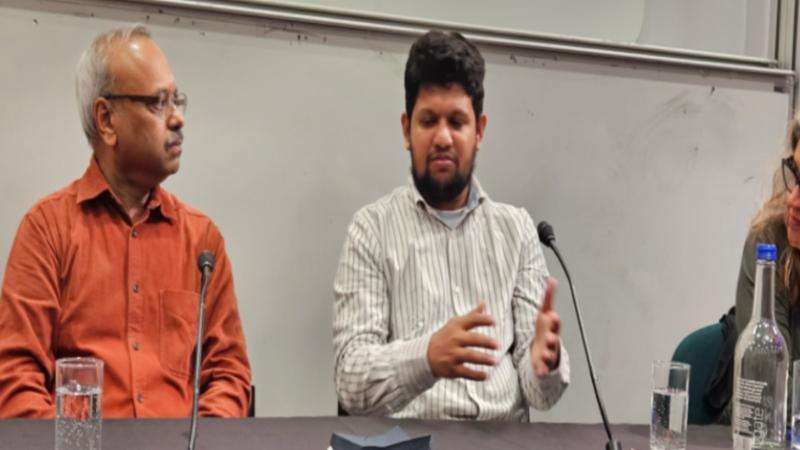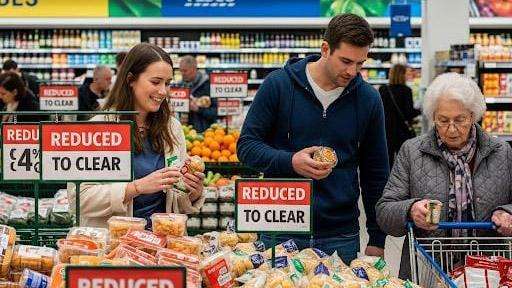British households are grappling with a significant increase in the cost of their weekly shopping, as food price inflation outstrips the overall inflation rate, hitting its highest level since February last year. This surge, driven by elevated costs for British staples like teabags and meat, is disproportionately affecting low-income households, including British Bangladeshi families, other ethnic minorities, and newly arrived immigrants who are already contending with tight budgets and the escalating cost of living.
According to the British Retail Consortium (BRC), food price inflation climbed to a concerning 4 percent in July. This rise comes as the UK’s overall inflation rate, as reported by the Office for National Statistics (ONS), also increased to 3.6 percent in the year to June, up from 3.4 percent in May. The ONS attributes this upward trend largely to rising food and fuel prices, pushing the nation further from the Bank of England’s 2 percent inflation target.
Helen Dickinson, Chief Executive of the BRC, highlighted that essential goods such as "meat and tea" have been particularly impacted. She explained that wholesale prices are suffering from tighter global supplies, contributing to the higher costs seen on supermarket shelves. This recent acceleration in food prices also coincides with retailers passing on increased labour costs, following measures introduced in the Chancellor’s October Budget that took effect in April. Retailers had previously warned that these employment cost increases would inevitably lead to higher prices for consumers.
For many British Bangladeshi families and other low-income ethnic minority groups, who often face existing socio-economic challenges, these escalating food prices represent a significant and immediate threat to their financial stability. Similarly, newly arrived immigrants, who may be navigating unfamiliar support systems and often working in low-wage jobs, are finding it increasingly difficult to afford basic necessities. Community leaders report growing concern about the ability of these vulnerable groups to put food on the table as the cost of a weekly supermarket shop continues to climb.
Ms. Dickinson urged the Government to "think carefully about the next Budget," warning that further tax rises this year would impose additional burdens on households. "Further tax rises will ultimately hurt households, locking in inflation and forcing people to pay higher prices to put food on the table," she stated, underscoring the potential for a deeper cost-of-living crisis.
This marks the sixth consecutive month of rising food inflation, with household expectations of inflation acutely sensitive to these increasing food costs. Mike Watkins from data firm NielsenIQ noted that "consumers’ household budgets are coming under pressure with the food retailers now seeing price increases above the consumer prices index." While he suggested that "price competition helped by promotional activity will still mean that shoppers can save money by shopping around," for those with limited disposable income or mobility, "shopping around" may not always be a viable option.
Furthermore, retailers are bracing for fresh pressure from a new packaging tax set to come into force later this year. There are concerns that this levy, which will charge food and drink companies based on the tonnage of packaging materials like glass, aluminium, and plastic they use, will lead to higher costs for businesses and, ultimately, increased prices for consumers, without necessarily driving a significant rise in recycling rates. This additional cost burden is likely to be passed on to consumers, further exacerbating the financial strain on the most vulnerable members of society.
_2.jpg)
_3.jpg)


_3.jpg)



.svg)


